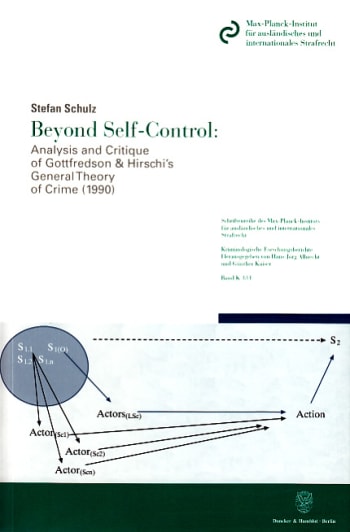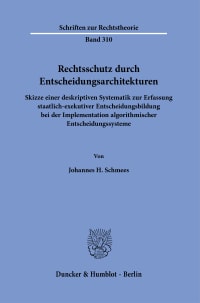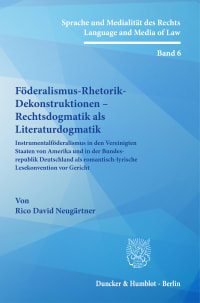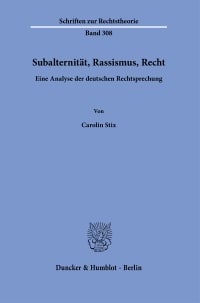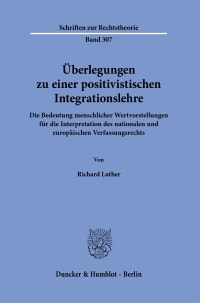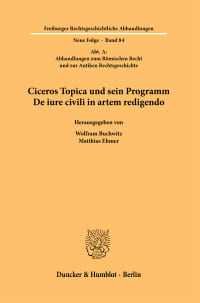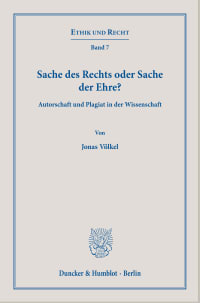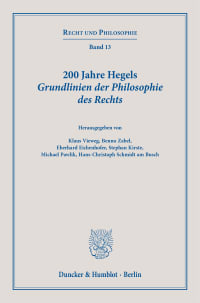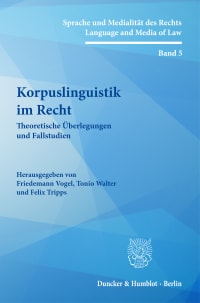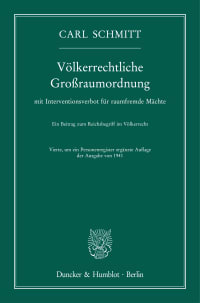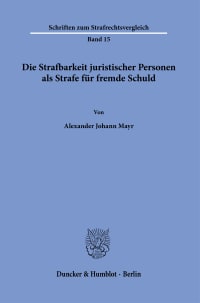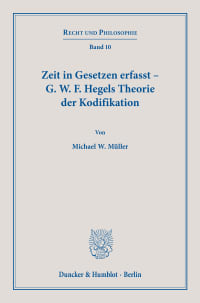Some Considerations on Theory Construction and Theoretical Integration in Positivist/Etiological Criminology
Description
Throughout the 20th century numerous explanations for crime and deviance have emerged that have been offered as better explanations than other theories and perspectives. Yet, the impact of criminological theorizing on public policy remained insignificant. In this situation Michael Gottfredson and Travis Hirschi presented their book "A General Theory of Crime" and suggested self-control theory. Their theory arrived on the scene with a "make-up" of seriousness, objectivity and truth, which seemingly flattered politics since it was taken as to justify the status quo of the criminal justice system. Whereas the popularity of self-control theory has certainly sparked an enormous interest in the empirical examination of the theory, the amount of critique remained limited.
The study "Beyond self-control" is a first attempt to remedy this situation. The author works back - through theoretical analysis - to the logical presuppositions of self-control theory and assesses their validity in light of current data and understandings. This methodological endeavour, eventually, brings to light that Gottfredson and Hirschi's book on self-control theory contains more criminological wisdom than acknowledged by most scholars in criminology.
Overview
Inhaltsübersicht: 1. Introduction - 2. Criminological theorizing today: The state of criminological theory - The mutual relevance of criminology and criminal justice - The desirability of general theories of crime: exigencies - 3. 'A General Theory of Crime' (Gottfredson and Hirschi, 1990): Foundations - Theme, structure and propositions - 4. Towards an analytical framework: Under focus: action, individuals, groups - The sociological model of explanation - The explicative range of self-control theory - Limits to generality: What can self-control theory explain? - 5. Theory construction: Deductive theories - Criteria for (methodological) critique - 6. Self-control theory: a critical appraisal: Reception of self-control theory by other scholars - Methodological criteria (structure) - Methodological criteria (content, logic and consistency) - 7. The empirical status of self-control theory: Testing self-control theory - Self-control theory through the studies: The core propositions - A meta-analysis of low self-control (Pratt and Cullen, 2000) - Empirical status: resume - 8. Self-control theory, public policy and ideology: Practical yields from self-control theory according to Gottfredson and Hirschi - Ideological issues in self-control theory - 9. Summing up: The challenge of criminology - Self-control theory - Limits to generality - Performance of self-control theory in empirical studies - Methodological quality - No Adenption: big noise about modest claims? - 10. Looking ahead: on the prospects of theoretical integration: Theoretical integration in criminology - (Back) towards an analytical framework - Levels of explanation - Macro-, micro- and individual level theories - Fears of reductionism - Partial criminological theories and limitation of scope - 11. Conclusion - Epilogue: Beyond self-control - Appendix 1, 2, Bibliography
